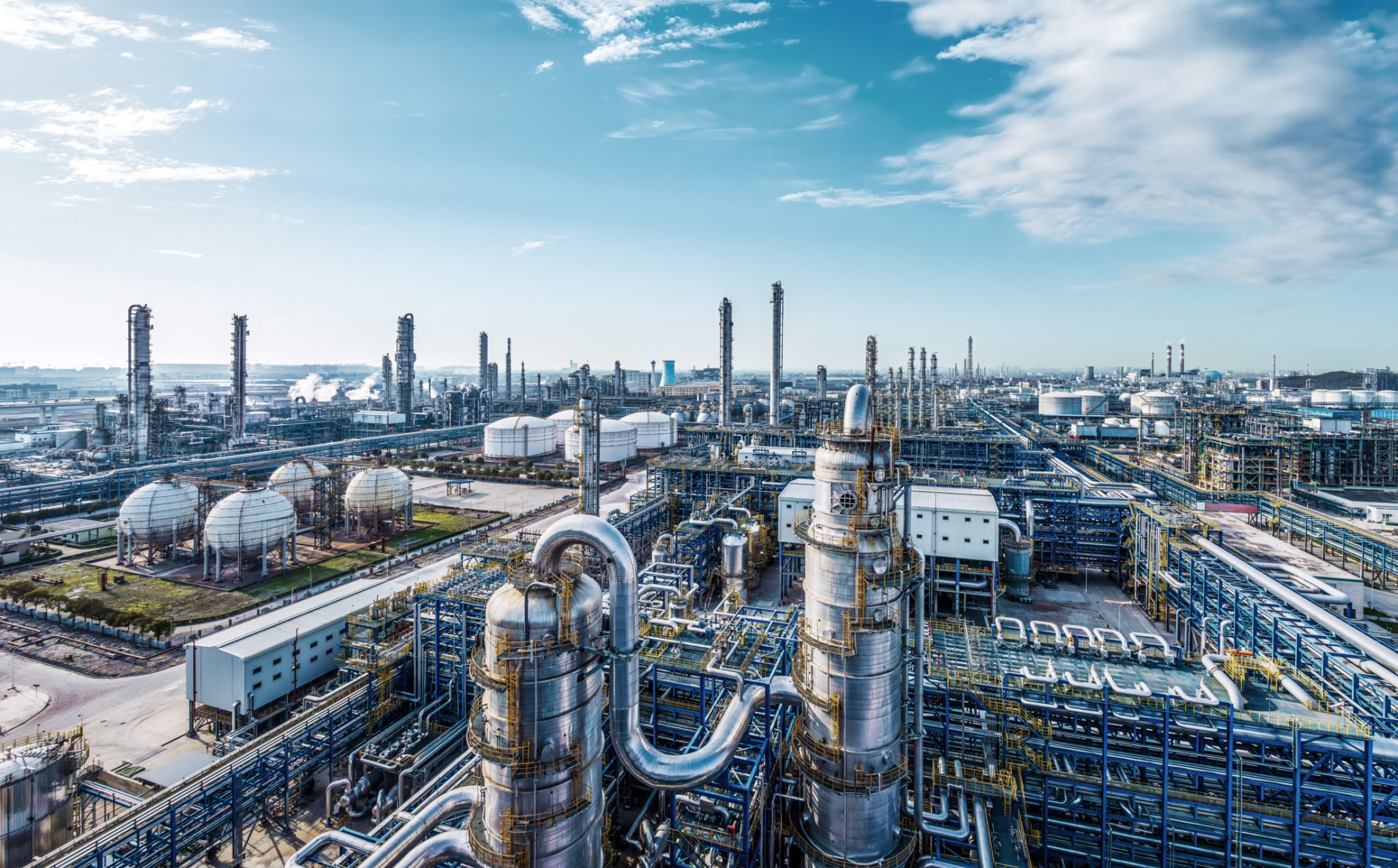Understanding Petroleum Products in Malaysia: What You Need to Know
Introduction to Petroleum Products in Malaysia
Malaysia is a prominent player in the global petroleum industry, with a well-established infrastructure for the extraction, refining, and distribution of petroleum products. Understanding these products is crucial for businesses, consumers, and stakeholders involved in the energy sector. This guide aims to provide a comprehensive overview of the petroleum products available in Malaysia.

Key Petroleum Products
Petroleum products are derived from crude oil and natural gas processing. In Malaysia, the main petroleum products include gasoline, diesel, liquefied petroleum gas (LPG), and jet fuel. Each of these products serves a distinct purpose, catering to various sectors such as transportation, industrial operations, and domestic use.
Gasoline and diesel are primarily used as fuels for vehicles. The demand for these fuels is high due to Malaysia's extensive transportation network. LPG, on the other hand, is commonly used for cooking and heating in residential areas, as well as in some industrial applications.
Petroleum Production and Refining
Malaysia has several refineries that contribute to its status as a key player in the petroleum industry. These refineries process crude oil into valuable products that meet both domestic and international demands. The country's strategic location along major shipping routes enhances its ability to export petroleum products efficiently.

The refining process involves separating crude oil into fractions based on boiling points. This allows for the production of different types of fuels and other by-products. The quality and quantity of these products are essential for meeting market requirements and ensuring economic growth.
Economic Impact
The petroleum industry significantly impacts Malaysia's economy. It is a major contributor to the national GDP and provides numerous employment opportunities. The government plays an active role in regulating the sector to ensure sustainable development and environmental conservation.
Moreover, the export of petroleum products is a vital source of foreign exchange earnings for the country. This financial influx supports various public services and infrastructure projects, contributing to overall national development.

Environmental Considerations
With growing concerns about environmental sustainability, Malaysia is taking steps to minimize the ecological impact of its petroleum industry. Efforts include investing in cleaner technologies, enhancing energy efficiency, and promoting alternative energy sources.
The government is also enforcing stricter regulations on emissions and waste management within the industry. These measures aim to balance economic growth with environmental preservation, ensuring a greener future for Malaysia.
Future Prospects
The future of Malaysia's petroleum industry looks promising with ongoing advancements in technology and strategic partnerships. The country continues to explore new oil and gas fields to maintain its position as a leading energy producer.
As the world shifts towards sustainable energy solutions, Malaysia is also focusing on diversifying its energy portfolio. This includes developing renewable energy sources such as solar and wind power to complement its petroleum resources.
